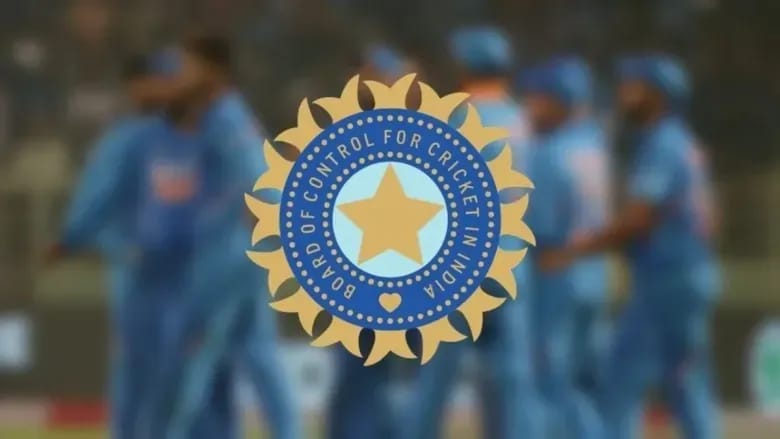Cricket or Propaganda? How India's 38.5% ICC Revenue Share Is Reshaping Global Cricket

Cricket or Propaganda? How India's Financial Dominance Is Reshaping Global Cricket
Former England captain Michael Atherton's stark warning that "cricket is now a proxy for propaganda" has sparked intense debate about how India's overwhelming commercial power is fundamentally reshaping the sport's governance, scheduling, and priorities. His critique, following the controversy-laden Asia Cup 2025, raises uncomfortable questions about whether cricket's soul is being sacrificed at the altar of commercial interests.
The Numbers Behind India's Dominance
India's financial stranglehold on global cricket isn't rhetorical—it's backed by staggering numbers that reveal just how dependent the sport has become on the Indian market.
Under the ICC's 2024-2027 revenue distribution model, the BCCI receives 38.5% of total ICC earnings—approximately $924 million over four years, or $231 million annually. By contrast, England and Australia receive only 6-7% each, while most other boards get less than 5%. This represents a dramatic increase from the previous cycle (2016-2023) when India's share was 22.8%.
The reason is simple: India generated roughly $3.04 billion in media rights for ICC events in the current cycle, with analysts estimating that 75% of ICC's total media rights value now comes from the Indian market through its broadcasters, sponsors, and massive television audience.
Domestically, BCCI's 2023-24 income reached Rs 9,741 crore ($1.2 billion), with the IPL alone contributing Rs 5,761 crore—more than many entire cricket boards' annual budgets combined.
Why This Creates Problems
The financial imbalance has created a system where ICC scheduling increasingly revolves around maximizing India-Pakistan encounters, regardless of competitive balance or sporting integrity. The 2023 ODI World Cup clash between the rivals drew 400 million viewers globally, rivaling the Super Bowl's reach and proving these matches are "pure gold" for broadcasters and sponsors.
Michael Atherton's criticism targets this economic manipulation:
"There is little justification for a serious sport to arrange tournament fixtures to suit its economic needs, and now that the rivalry is being exploited in other ways, there is even less justification for it."
Former England captain Michael Vaughan has similarly slammed the ICC's "dysfunctional scheduling," claiming it "smacks of manipulation" designed to maximize commercial returns from India-Pakistan encounters at the cost of competitive balance.
The Asia Cup 2025 Tipping Point
The Asia Cup highlighted how geopolitical tensions can hijack cricket when played for commercial gain. Played amid heightened India-Pakistan tensions following the Pahalgam terror attack, the tournament featured handshake snubs, provocative player gestures, and the notorious trophy presentation controversy where India refused to accept the cup from Pakistan officials, who then retained it rather than finding neutral presenters.
India's unbeaten tournament victory extended their remarkable ICC dominance: a 23-1 win-loss record across the last three major ICC tournaments (2023 ODI World Cup, 2024 T20 World Cup, 2025 Champions Trophy). While this sporting success is legitimate, Atherton argues it's being weaponized for nationalistic propaganda rather than celebrated as pure sporting achievement.
The Growing Resentment
Cricket boards from Australia, South Africa, and England increasingly express frustration at ICC's dependence on India's market. They argue this turns cricket from a global sport into a "commercial echo chamber" where fairness takes a backseat to financial calculations.
Smaller nations feel like "spectators in their own game," lacking fair representation or equal exposure despite cricket's supposed global nature.
The Path Forward
The solution isn't diminishing India's success—its economic engine has sustained global cricket through turbulent decades. But as Atherton warns, cricket must rediscover balance through transparent scheduling, more equitable revenue sharing, and renewed commitment to sporting integrity over commercial manipulation.
As former England star Kevin Pietersen quipped: "Cricket now runs on Indian time." The question is whether that's sustainable for a sport claiming global relevance.